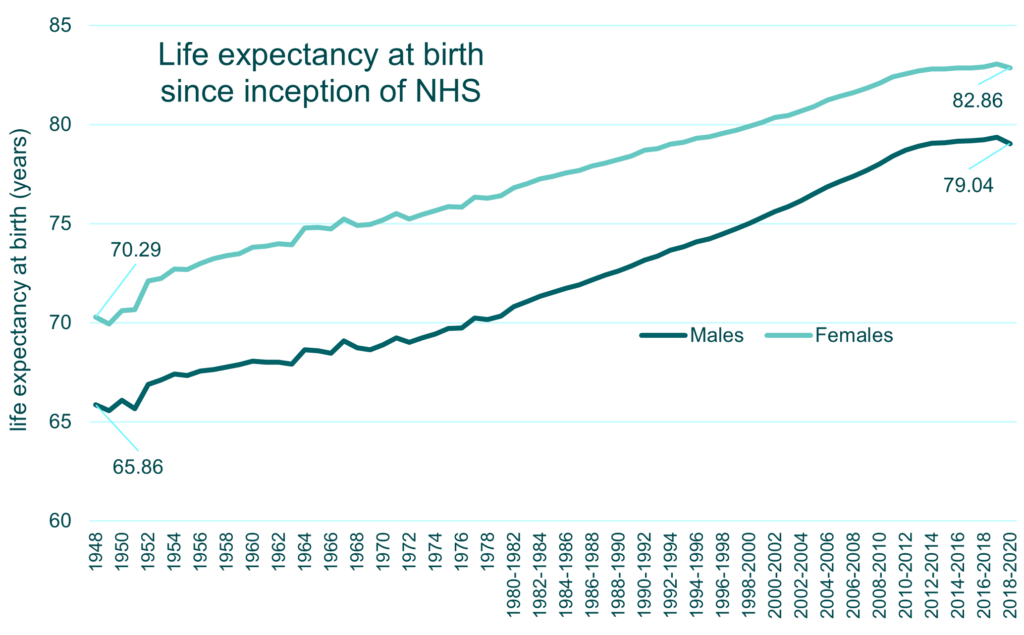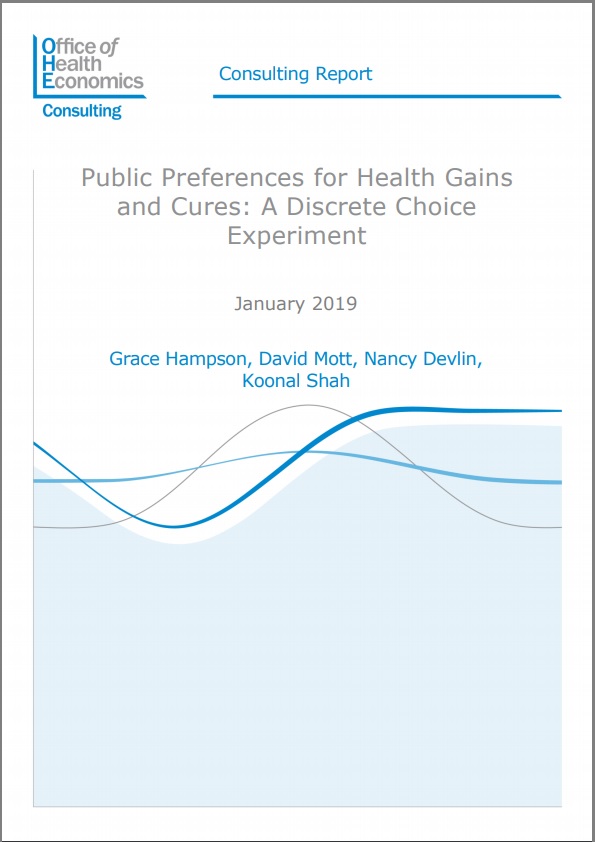Clinical Outcomes

The changing role of the NHS over time
14 August 2023
OHE has been producing reports since 1962 which give insights into issues facing the NHS in the 75 years since it was created. The first part…

Can a continued focus on prevention, diagnosis, and treatment see the NHS to another 75 years?
27 July 2023
We have delved into the OHE archives to reflect on past NHS successes. In part one of a two-part Insight series, we look at three major contributors to shorter life expectancies – tuberculosis, heart disease, and cancer.

Drop Dead: Is Anchoring at ‘Dead’ a Theoretical Requirement in Health State Valuation?
1 November 2020
By convention, values for generic ‘preference-based’ measures, such as the EQ-5D, are anchored at 1 = full health and 0 = dead. This paper challenges the…

How do we Measure the “Value” in Value-Based care?
1 October 2020
Determining and defining value in health care is a persistent challenge in every country. To some extent, what constitutes value depends on perspective, e.g. a pharmaceutical company…

Anchoring Latent Scale Values for the EQ-5D-Y at 0 = Dead
1 January 2020
To date there have been no value sets to support the use of the EQ-5D-Y in cost-utility analysis. Discrete choice experiments (DCEs) can be used to…

Valuing EQ-5D-Y Health States Using a Discrete Choice Experiment: Do Adult and Adolescent Preferences Differ?
7 January 2019
This Research Paper describes a study examining adolescent and adult responses to a discrete choice experiment (DCE) containing EQ-5D-Y health states in order to determine whether…

Can We Really Compare and Aggregate PRO Data Between People and Settings? Implications for Multi-Country Clinical Trials and HTA
4 January 2019
The aim of this paper is to provide an overview of the issues that might limit comparability of PRO data and to highlight some of the…

How Should We Measure Quality of Life Impact in Rare Disease? Recent Learnings in Spinal Muscular Atrophy
1 March 2019
The measurement of quality of life in the context of spinal muscular atrophy (SMA) is challenging. This is because the disease is experienced by children and is rare, which makes data collection difficult. This Briefing reports on a symposium that outlined some lessons that can be learnt from the SMA context that might be more widely applicable.

Public Preferences for Health Gains and Cures: A Discrete Choice Experiment
1 January 2019
Whether or not society values curative therapies more highly (or less highly) than the sum of the iterative improvements that might come from conventional therapy has…